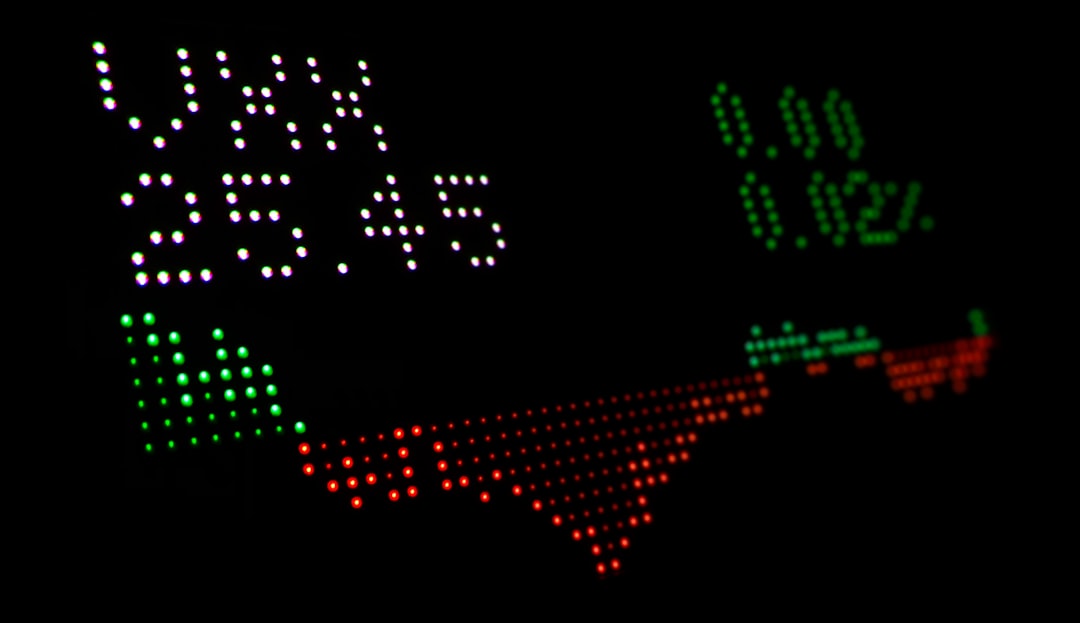Introduction
Japan’s stock markets are reeling from renewed global trade tensions and recession fears. On Monday, the Nikkei 225 plunged nearly 9% early in the day, while a key index of Japanese bank stocks fell as much as 17%. The dramatic declines have been attributed to concerns over sweeping tariffs and their potential to trigger a global recession.
Key Takeaways
-
Nikkei 225 Plummets:
-
The index hit a low of 30,792.74, its lowest level since October 2023, before recovering slightly to 31,591.84 during midday.
-
All 225 component stocks of the Nikkei were in the red.
-
-
Banking Sector Under Pressure:
-
An index of Japanese bank stocks fell by 17.3% at one point, later recovering to a still steep 9.8% decline.
-
Banks have lost nearly a quarter of their combined value over the past three sessions due to recession fears and compressed bond yields.
-
-
Tariff Uncertainty and Recession Fears:
-
U.S. President Trump’s proposal for broad tariffs—covering all countries—has exacerbated market anxiety.
-
Recent aggressive tariff policies have contributed to a significant market sell-off, with comparisons drawn to past crises.
-
-
Outlook:
-
Analysts like Maki Sawada of Nomura Securities believe that if there are signs of flexibility on tariffs or economic support measures, a market bottom could soon emerge.
-
For now, risk sentiment remains extremely high amid uncertainty over global trade and economic stability.
-
Detailed Analysis
Market Turmoil in Japan
Japanese equities have been hit hard by the threat of escalating tariffs. The Nikkei 225, which is a bellwether for Japan’s economy, dropped nearly 9% early on Monday and recorded its worst opening in three months. The broader Topix index also experienced significant declines, falling by 9.6% at one point before stabilizing at a 6.5% loss by midday.
Impact on the Banking Sector
Bank stocks are bearing the brunt of the sell-off, with an index of Japanese banks plunging by as much as 17.3%. Although there was a partial recovery, the index still closed the morning session down 9.8%. These declines reflect growing concerns about a potential U.S.-induced global recession and tighter monetary conditions, as investors worry about the knock-on effects of tariff-induced economic disruptions.
Tariff Uncertainty and Broader Economic Implications
The market’s reaction is driven by uncertainty over U.S. tariff policies. President Trump’s recent statements—suggesting that tariffs will be applied on a country-by-country basis—have not calmed investor nerves. Instead, the lack of clarity has led to a cautious risk-off sentiment. Analysts warn that until tariff policies and potential economic support measures are clarified, markets may continue to remain heavy.
Real-Time Data Insights
Investors can track these developments and gauge market sentiment using real-time data tools:
-
Sector Historical API
Monitor historical performance data of key sectors in Japan, including financials and industrials, to understand the broader impact of the current sell-off. -
Market Most Active API
Track real-time trading activity across Japanese stocks to capture shifts in investor sentiment and identify potential recovery signals.
Conclusion
With tariff uncertainty and fears of a global recession taking center stage, Japanese equities—particularly in the banking sector—are experiencing significant volatility. While a potential market bottom could emerge if policymakers offer clarity or economic support measures are announced, the current environment remains precarious. Investors should closely monitor economic indicators and real-time market data to navigate these turbulent times.




